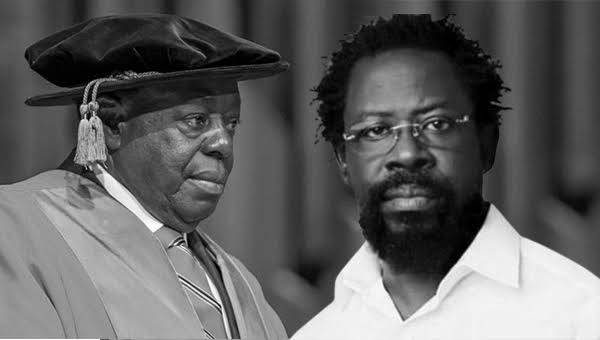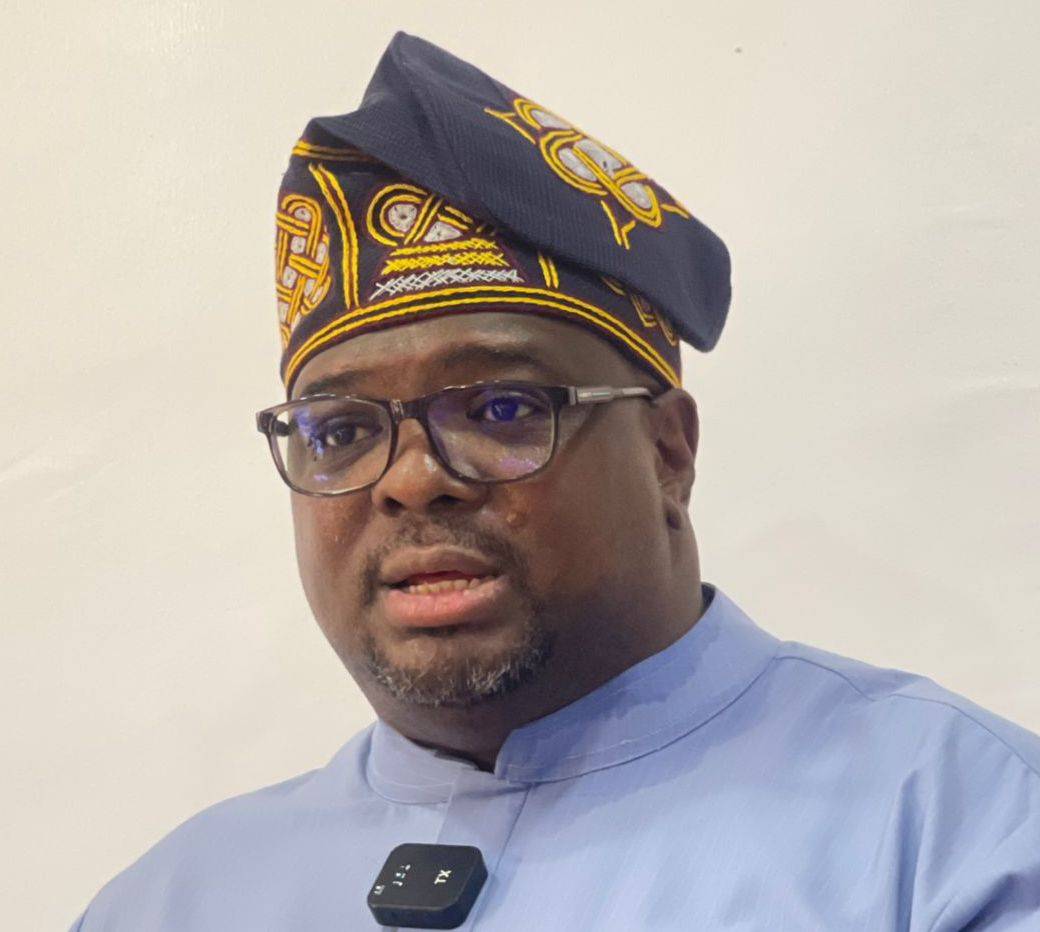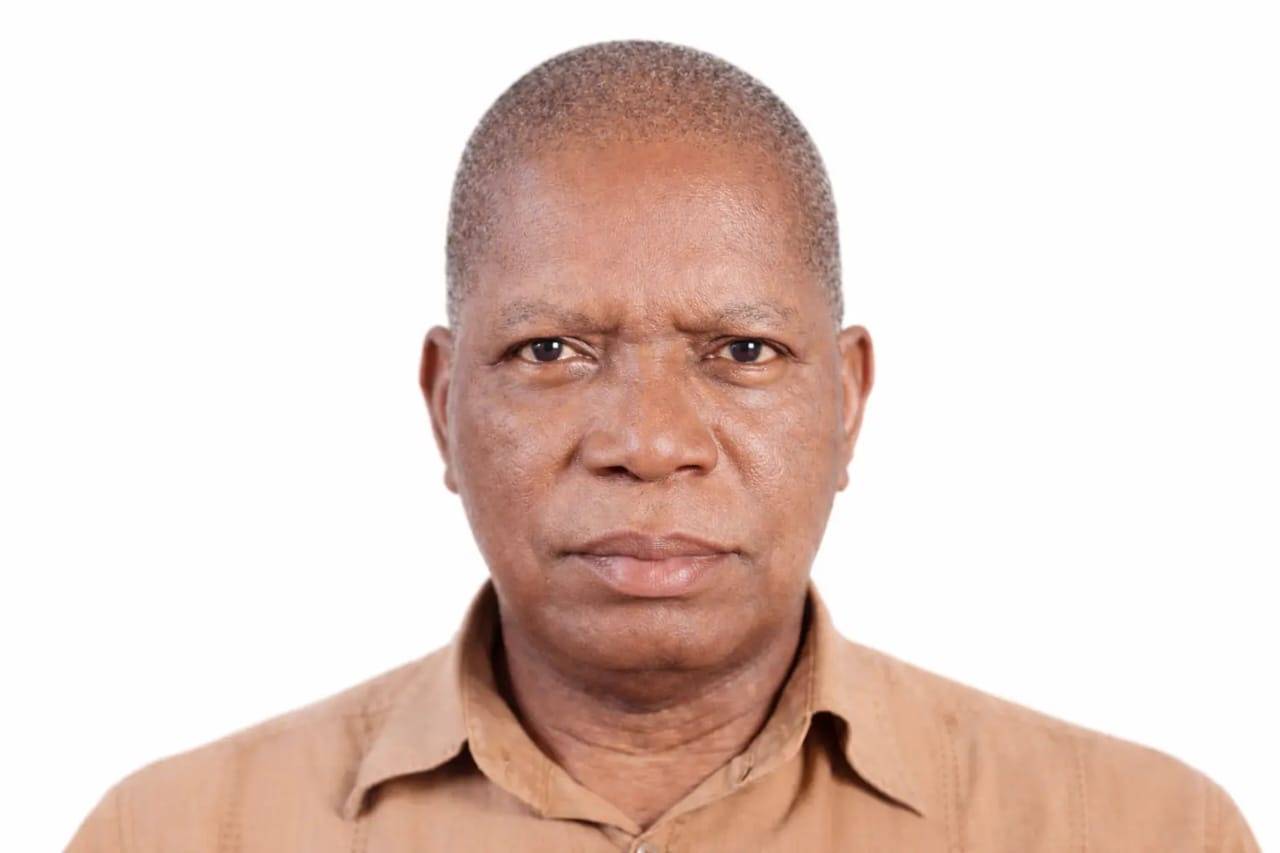By Kehinde Yusuf
In Jonathan Swift’s Gulliver’s Travels, a satirical novel first published in 1726, this is what Gulliver told his master in Lilliput about lawyers in Part 4, Chapter 5: “… there was a society of [people] among us, bred up from their youth in the art of proving, by words multiplied for the purpose, that white is black, and black is white, according as they are paid. To this society all the rest of the people are slaves.” About judges, he said: “Now your honour is to know, that these judges are persons appointed to decide all controversies of property, as well as for the trial of criminals, and picked out from the most dexterous lawyers, who are grown old or lazy; and having been biased all their lives against truth and equity, lie under such a fatal necessity of favouring fraud, perjury, and oppression, that I have known some of them refuse a large bribe from the side where justice lay, rather than injure the faculty, by doing any thing unbecoming their nature or their office.”
In this fictional world, Gulliver could only have been accused of the negative stereotyping of lawyers and judges. He could also have been accused of being a closed mind incapable of and unwilling to countenance individual differences. But that is not the case with Dele Farotimi, a Nigerian lawyer and activist. He published a book titled Nigeria and Its Criminal Justice System. Aggrieved by what he considered to be the criminal defamation of his person, office and associates, Babalola reported the case to the police. Accordingly, the police have decided to prosecute Farotimi for the offence.
The case has generated immense controversy, with some arguments sounding tenuous, fallacious, or self-contradictory. In the opinion of Donu Kogbara, a veteran media personality, in a 10 December, 2024 Arise TV interview titled, “I don’t understand how Peter Obi has gone from top to bottom – Kogbara,” “It’s quite clear that Dele Farotimi is being victimized for being a strong government critic.” It is, however, important to note here that neither Farotimi nor Babalola is an associate or supporter of the incumbent government.
In a 12th December, 2024 article titled, “Afe Babalola: Of a man and his weakness,” in The Punch, Abimbola Adelakun stated: “Even if he wins the case, what will be the social value of a reputation held up by the courts? If Farotimi begs him as [Babalola’s] lawyer and others have enjoined, what is done cannot be undone. … Given the contradictions of his profession, Babalola should have been circumspect enough to not jump into a public contest over his reputation. He seems to me like a man who has invested in being nice just so that he would not be remembered as a villain in Nigeria’s story. Now he is no longer the man with the carefully curated legacy who set out to redeem his image but the one who proved his critic right.”
In a 5 December, 2024 interview with Channels Television, Laolu Akande, former aide to former Vice-President, Professor Yemi Osinbajo, said: “I think the first place to start is that … Pa Afe Babalola, Senior Advocate of Nigeria, a legal luminary that we all respect, felt that he’s been libelled … and I think there are very significant proofs … I don’t think Farotimi himself made any pretensions that he’s actually going after this guy. So, there is a basis for Afe Babalola to be aggrieved, and there’s a basis for him to pursue redress. What I think is inelegant, if I can use that language, is that you will expect somebody like Chief Afe Babalola … would rather pursue this matter as a civil case. … The man is aggrieved. And I understand that. … You’ve got to see the ferocity and audacity of Dele Farotimi. … Go after Dele Farotimi, by all means, but go through a civil suit.”
In order to put psychological pressure on Afe Babalola, some of Dele Farotimi’s supporters are dramatising the claim that, as a consequence of Babalola’s legal action, Dele Farotimi’s Afe-Babalola-tormenting book has become a “bestseller”. Here, reference to the King James Version of the Bible in Titus 1: 10-11 is useful. It enjoins: “10 For there are many unruly and vain talkers and deceivers …: 11 Whose mouths must be stopped, who subvert whole houses, teaching things which they ought not, for filthy lucre’s sake.” The New King James Version of the Bible refers to “filthy lucre” as “dishonest gain”, and this makes gloating over or romaticising filthy lucre, acquired through tormenting Afe Babalola, to be absurd.
In a further attempt to pile psychological pressure on Afe Babalola, biblical allusion has been made to the David and Goliath story. This allusion shows how complex the case is, because it’s not easy to determine who really is David and who is Goliath between Farotimi and Babalola, with respect to physical stature and presumed power. This is one example of how the use of metaphor creates vagueness and ambivalence. If you say A is B, as metaphor typically does, the fact that each of A and B have various features on the basis of which direct comparison could be made, raises the question, “With respect to which shared feature is A called B?”
To make this point clearer, let’s look at the biblical story as it is narrated in 1 Samuel 17: 1-53. The Israelites and Philistines were in contention. The Philistines included a physically huge and towering, fearsomely-amoured, meanly-boastful and Israelite-taunting Goliath, and the Israelite side included a young, small, seemingly ill-kitted, easily-dismissible David, who all the same, felt compelled to attempt to end the torment and humiliation of his people by the awesome and arrogant Goliath. With just a sling, the unlikely David aimed for Goliath’s head, hit him right and brought him down, and brought an end to the suffering of his people. As the Bible put it, “51 … And when the Philistines saw their champion was dead, they fled.” This is the classical manifestation of deterrence.
Moreover, those invoking Yoruba culture as the reason why Aare Afe Babalola should not have reacted the way he did seem not to know or remember that part of Yoruba child-raising ethics includes teaching the child not to inflict pain on others. This child-upbringing practice often involves tolerating a young child hitting the mother or an older person, with the mother or older one merely showing pain and rubbing the point of the attack. Upon seeing their capacity to make an older person suffer, a naïve child hits the older person again. This time around, the older person hits back, and the child begins to cry. By the time the crying ends, the child would have learnt the life-long lesson of not setting out to hurt those who are capable of paying back with due effect.
Even Afenifere, the foremost Yoruba socio-political group is aware that the Farotimi-Babalola feud has been taken out of the Yoruba cultural context and has defied Yoruba cultural ethics. Accordingly, the group’s National Publicity Secretary, Mr. Jare Ajayi, in a 7 December, 2024 story in Vanguard, titled “Babalola vs Farotimi: Allow courts do justice, Afenifere cautions parties,” was reported to have said: “Afenifere is of the view that the appropriate forum to determine whose rights have been breached and how, is the court of law as established by our constitution. Meaning that the matter is presently where it ought to be, to enable all parties to prove their case. We enjoin all parties to conduct themselves in total submission to and respect for the rule of law.”
Like Afenifere, Alex Enumah, in a 7 December, 2024 opinion in an article titled, “Let Farotimi, Babalola have their day in court,” in ThisDay newspaper said: “A popular axiom holds that, ‘A person’s freedom ends where another’s begins.’ So, as criticism and condemnation of the arrest and arraignment of popular activist and lawyer, Mr Dele Farotimi, continues to mount, it is expedient to … state that elder statesman and legal luminary, Chief Afe Babalola, SAN, at the receiving end of Farotimi’s action, deserves some protection also.”
In an 11 December, 2024 article titled, “Afe Babalola, Farotimi and a dangerous culture of wokeism (1),” in Vanguard, Rotimi Fasan remarked: “As far as these allegations stand today, however, [Farotimi] could have been speaking to a group of free newspaper readers engaged in their kind of morning banter and argument with generous support of ogogoro by the road side or, say, under the Ikeja Bridge Roundabout. He could be speaking the truth, who knows. But where is the evidence? It is the burden of evidence that compels us to be careful of what we say even if true. Otherwise, our world would be upended if anyone could just say anything they have in mind. Farotimi probably wanted no more than to show his disdain for a respected individual he does not care two straws about.”
Moreover, Fasan noted: “To bear a legal lion like Babalola in his den, poking a finger in his eye and twisting his tail might well be the object of Farotimi’s action rather than the necessity of offering evidence. But even that undermines his authority as the intelligent man that he is, not to mention his standing as a trained lawyer. He has for some time now been treading a thin line between political critique and blatant disrespect of individuals and state institutions. He is too free with words and insults that he dispenses as if it is the only way he could demonstrate his supposed fearlessness. This is unnecessary.” Jiti Ogunye also cautioned: “If you don’t have proofs, don’t make such allegations. … [At] the end of the day, you will not be able to dictate to the victim which course of action to take.”
Idowu Akinlotan, in his Palladium column in The Nation of 8 December, 2024, posited: “Not going to court is not an option, considering the weighty claims levelled against him. And beyond standing with Chief Babalola or supporting Mr Farotimi, it may be time for Nigerians to stand for the rule of law, despite the judicial system’s weaknesses, rather than tolerate the anarchic proclivity of activists who protest against everything because they suspect everything and denigrate everyone.”
In the unbridled exercise of their media power, some gore others with their words. With hackles raised, eyes bulging, teeth blood-soaked and mouth blood-stained, they seem to end every episode of verbal savagery with the warning, “There’s more to come.” It’s victims of this kind of viciousness that Afe Babalola seems to be seeking to protect by legally challenging swaggering impunity. The legal challenge is thus a desirable deterrent to culprits and the dissuasion of potential copycats.













